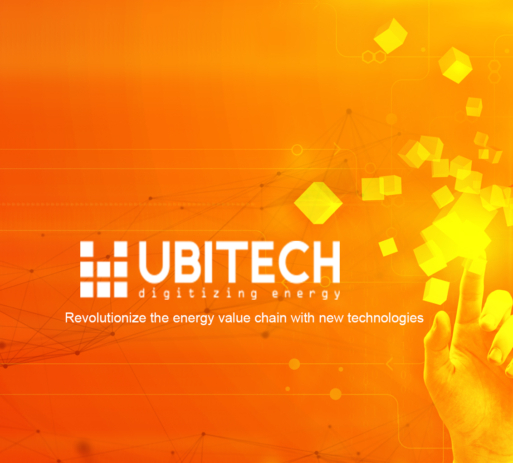European Big Data Value Forum 2024 Showcases Advances in Secure and Interoperable Energy Data Spaces for Europe’s Future
The European Big Data Value Forum (EBDVF) 2024, held in Budapest from October 2–4, gathered industry, academia, and government stakeholders to advance Europe’s initiatives in data sharing and AI. Organised by the Big Data Value Association (BDVA), the forum showcased essential policy developments, technological progress, and cross-sector collaboration strategies with a strong focus on energy, data governance, and AI-driven solutions. For the DATA CELLAR project, a European initiative to build an energy dataspace supporting Local Energy Communities (LECs), this event provided valuable insights aligned with the EU’s data-sharing vision.
Trustworthy AI, Data Governance, and Regulatory Alignment
Trustworthy AI and regulatory compliance were central to discussions at EBDVF 2024, particularly in light of the EU AI Act. Europe aims to lead in developing ethical, transparent AI technologies that serve societal goals. The AI Act aims to enforce principles of fairness, accountability, and safety, and discussions highlighted regulatory sandboxes as effective environments for testing innovative AI applications under defined legal conditions. For projects like DATA CELLAR, which handle sensitive energy consumption and production data, adhering to GDPR and national data regulations is crucial for building user trust and facilitating secure data sharing within LECs.
Data governance and regulatory frameworks were further underscored by Siemens’ Chief Expert Software, Thomas Hahn, who noted the necessity of robust privacy and cybersecurity measures for AI-driven systems. This focus on regulation and governance aligns closely with DATA CELLAR’s mission to create a safe, reliable energy dataspace. By adhering to these standards, projects like DATA CELLAR can offer secure, transparent platforms that encourage community data sharing, which is vital for Europe’s data-sharing ecosystem.
Interoperability, AI-Driven Solutions, and Innovative Marketplaces
Interoperability and cross-sector collaboration emerged as recurring themes, with BDVA Secretary General Ana García Robles highlighting the importance of knowledge graphs and standardised data-sharing protocols for data systems to work seamlessly across sectors. In the energy field, this means creating data environments where multiple stakeholders can securely access and contribute to shared datasets, promoting efficient data-driven solutions. The integration of such frameworks would empower LECs to align with broader EU data spaces, facilitating smoother energy data sharing across Europe.
AI and data analytics also took centre stage as transformative tools for the energy sector. BDVA President Jean-François Gagné presented the potential of AI for optimising resource allocation, predicting demand, and supporting localised decision-making. For DATA CELLAR, these insights reinforce the importance of AI in enhancing energy management and efficiency at the community level, allowing LECs to leverage real-time data for improved sustainability and cost savings. Additionally, decentralised marketplaces were discussed as key innovations that could redefine the way data and services are shared in the energy sector. Using distributed ledger technology (DLT), decentralised marketplaces could empower LECs by enabling secure, transparent data transactions, supporting local actors in making informed energy decisions.
The Future of Data Spaces and Europe’s Energy Transition
The EBDVF 2024 underscored the societal and economic impact of data spaces in Europe. Projects like DATA CELLAR are set to play a pivotal role in Europe’s energy future, not only driving economic benefits but also contributing to broader goals like environmental sustainability and community empowerment. Laura Rodríguez, Innovation Manager at Atos, highlighted the significance of fostering trust and collaboration through data-sharing ecosystems. She noted the role of platforms like BRIDGE, which supports data sharing among EU-funded energy projects, as essential for ensuring interoperability and trust among participants.
Ultimately, EBDVF 2024 demonstrated how data spaces like DATA CELLAR are instrumental in advancing Europe’s energy transformation. By facilitating secure data sharing, implementing AI-driven solutions, and pioneering decentralised business models, initiatives like DATA CELLAR are integral to achieving Europe’s clean energy ambitions. As Europe accelerates its energy transition, projects that encourage secure, interoperable data ecosystems will be fundamental in harnessing the potential of local energy communities and contributing to a sustainable energy future.





